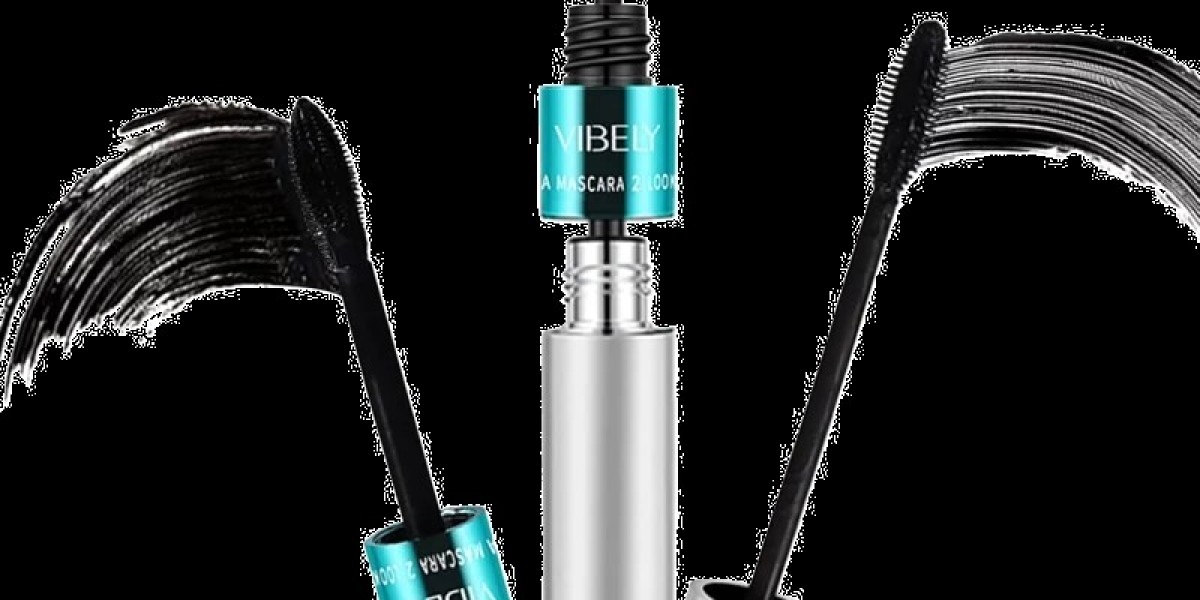
Climate modification: Growing doubts over chip fat biofuel

21 April 2021
remarks
354 Comments
New research questions the ecological effect of rising imports of used cooking oil (UCO) into the UK and Europe.
Chip fat and other oils are thought about waste, so when they are utilized to make biodiesel it saves carbon emissions by displacing fossil oil.
But such is the need throughout Europe that imports now represent more than half of the UCO that's made into fuel.
According to the research study, external, there's no method to show these imports are sustainable.
Without any screening of what's being available in, professionals believe it is likewise ripe for scams.
Used cooking oil imports may improve logging
Consumers posture 'growing hazard' to tropical forests
Reducing emissions from transport is showing to be among the most difficult obstacles for federal governments all over the world.
They've encouraged using biofuels as an important means of suppressing carbon from cars and trucks.
Biofuels are typically a blend of fossil fuel and oil made from plants or vegetables.
The reality that these crops can be re-grown and soak up more CO2 indicates they counteract the carbon produced when used in engines.
Soy and palm oil were as soon as commonly used as elements of biodiesel but this practice has been commonly challenged because it motivates logging.
So for the last decade approximately, the usage of utilized cooking oil has actually expanded enormously as an alternative feedstock for fuel.
Chip fat and other waste oils have become an essential element of biodiesel with an efficient market emerging throughout Europe to gather and process the item.
But with the quantity of biodiesel made from UCO increasing by around 40% every year considering that 2014, there just isn't adequate chip fat to walk around.
According to a report from the campaign group Transport & Environment, external, over half of the UCO used in Europe is imported.
Their study recommends this is highly bothersome when it concerns effects on the environment.
While UCO is considered a waste product in the UK, in China, Indonesia and Malaysia it has actually long been used to feed animals. The report raises the concern of what individuals in these nations are replacing the UCO with, when it is exported.
In 2019, Malaysia exported 90 million litres of UCO to the UK and Ireland. Figures for their exports to other European nations aren't available but the circulation of UCO is likely to be comparable.
With a population of around 33 million, that's close to three litres per head of used oil that's collected and exported to the UK and Ireland alone.
By contrast, Thailand, which has a population of 70 million individuals, handled to collect around five million litres of UCO in 2019.
"Because we are purchasing it, they have less utilized cooking oil to use on the important things that they were previously using it for," stated Greg Archer with Transport & Environment.
"And they're just purchasing more virgin oil which virgin oil is mostly palm oil, since that's the most inexpensive oil readily available.
"So indirectly, we're simply motivating more logging in Southeast Asia."
Another major issue with UCO is the suspicion of scams.
Because of need from Europe, the price of UCO is frequently greater than palm oil. The worry is that some unscrupulous traders are simply watering down deliveries of UCO with palm.
As oils of various types are mixed in bulk for transportation, and no testing of the materials is performed, some professionals think fraud is rife.
The idea of fraud anywhere along the chain of supply is turned down by the European Waste-to-Advanced Biofuels Association (EWABA), who say there are robust accreditation plans in location.
"It is commonly known that the European Commission has taken pertinent actions to entirely curb unsound market practices in biofuel markets," stated Angel Alberdi, EWABA's secretary general.
He states a new database being established by the EU will ensure that trading, certification and sustainability information on all bio-liquids will need to be signed up.
"The mix of modified accreditation schemes and the pan-EU track and trace database will make sure that no sustainability problems occur in the entire biofuels and bio-liquids supply chain," he told BBC News.
Others in the field are concerned that the database idea, which was first mooted in 2018, might not be effective in stemming presumed fraud.
The report from Transport & Environment mentions that with shipping and aviation seeking to decarbonise by utilizing biofuels, demand for UCO might double over the next decade.
"Rising the demand beyond sustainable supply levels would increase these concerns, and risks of utilizing 'fake' UCO, possibly causing indirect effects such as logging."
Follow Matt on Twitter @mattmcgrathbbc, external.
Related topics
COP26

Paris environment agreement
Climate







